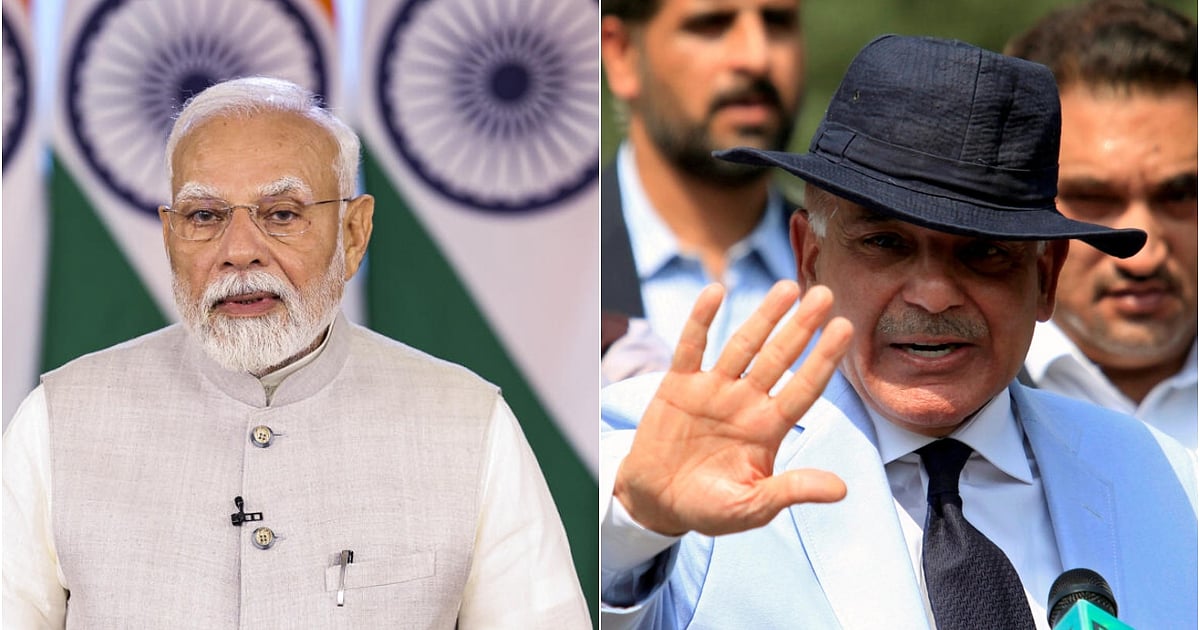 |
|
The enduring and fraught relationship between India and Pakistan has been punctuated by periods of intense tension, escalating into near-catastrophic conflicts on multiple occasions. The very creation of both nations, born from the partition of British India in 1947, was marred by violence and displacement, laying the foundation for decades of animosity. The core issues that fuel this ongoing discord are complex and deeply entrenched, revolving around territorial disputes, historical grievances, and differing geopolitical visions. The contested region of Kashmir remains a central point of contention, with both countries claiming sovereignty over the territory, leading to armed conflicts and simmering insurgencies. Beyond Kashmir, cross-border terrorism, accusations of interference in each other's internal affairs, and the development of nuclear weapons have contributed to a volatile security environment in the region. The article correctly points out that both nations have, at times, stood at the precipice of major conflict, only to ultimately pull back. This inherent ability to de-escalate, often facilitated by international mediation and pragmatic considerations, highlights a shared understanding of the catastrophic consequences that a full-blown war would entail. The sheer destructive power of their nuclear arsenals serves as a deterrent, albeit a precarious one, prompting both sides to exercise a degree of restraint, however fragile it may be. Despite the numerous challenges and deep-seated mistrust, the path of diplomacy remains the most viable and responsible approach to managing the India-Pakistan relationship. Effective diplomacy requires a multifaceted strategy that addresses the underlying causes of conflict, promotes confidence-building measures, and fosters greater understanding and cooperation between the two nations. Open channels of communication, even during periods of heightened tension, are crucial to prevent misunderstandings and miscalculations that could inadvertently escalate the situation. Engaging in constructive dialogue, focusing on areas of mutual interest such as trade, water resource management, and cultural exchanges, can help to build trust and create a more conducive environment for resolving contentious issues. Moreover, international mediation, facilitated by neutral parties with credibility and expertise, can play a significant role in facilitating negotiations and brokering agreements. The involvement of international actors can provide a framework for dialogue, offer impartial perspectives, and help to ensure that any agreements reached are sustainable and mutually beneficial. However, the success of any diplomatic initiative hinges on the willingness of both India and Pakistan to prioritize peace and stability in the region. This requires a genuine commitment to resolving disputes through peaceful means, a willingness to compromise, and a recognition of the shared benefits that would accrue from a more stable and cooperative relationship. The challenges are undoubtedly significant, but the potential rewards are even greater. By embracing diplomacy and pursuing a path of reconciliation, India and Pakistan can unlock a future of peace, prosperity, and mutual respect. This future is not only essential for the well-being of their own populations but also for the stability and progress of the entire region. The stakes are high, and the time for decisive action is now.
Source: India-Pakistan Standoff: Can Diplomacy Prevail Over Escalation?
